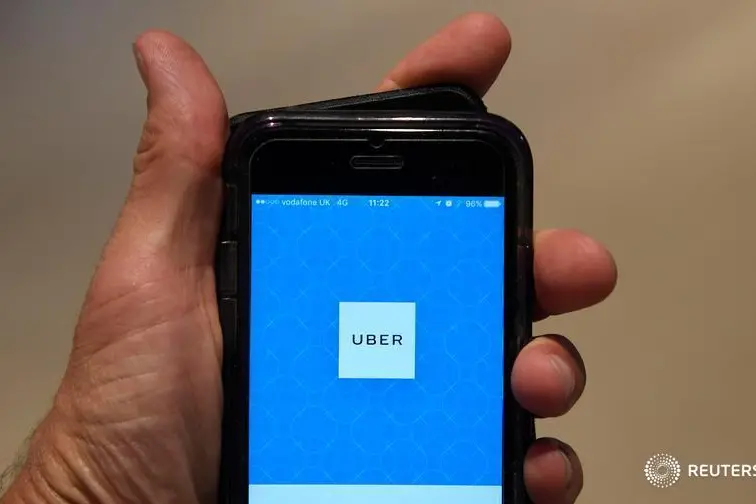PHOTO
(The author is a Reuters Breakingviews columnist. The opinions expressed are her own.)
MUMBAI - India is one market where Uber wants to be in the driver's seat. The U.S. ride-hailing giant vows not to exit the country of 1.3 billion people with a minority stake as it is doing in Southeast Asia and did earlier in China. The gap with local rival Ola is narrower, and the country can serve as a valuable place to test new ideas.
Boss Dara Khosrowshahi and his team have been unusually explicit about their commitment. During a February visit, he said India was vital for Uber's growth. On Friday in Mumbai, Chief Operating Officer Barney Harford said the company, last valued at $48 billion, would “double down, triple down” on investments in such core markets using resources freed up from exits elsewhere.
Ola is in three times as many cities. It also holds more than 45 percent of the market, about 10 percentage points ahead of Uber, according to Counterpoint Research, though third-party estimates are sketchy because many Indian customers pay for rides in cash. In places where Uber swapped its businesses for minority stakes in local rivals, it was further behind.
There are other advantages to staying in India despite the voluminous war-chest required to compete in a cutthroat market. New Delhi and other urban areas are roughly 150 percent more congested than comparable ones across Asia, and journeys take one-and-a-half times longer, estimates Boston Consulting Group. The urgent need for everyday fixes is why India has leapfrogged technologies in areas like payments. India is therefore a hotbed for important experimentation.
Singapore’s Grab and China’s Didi Chuxing had an edge because they understand local needs better. Ola’s popular rental service between Mumbai and Pune is one example of a similar dynamic in India. Yet unlike in China, Western tech giants such as Amazon and Facebook are also successfully introducing new services and commanding dominant positions. That will give Uber confidence it can hold its ground.
Finally, a strong presence in the fast-growing market should help Khosrowshahi convince investors that Uber has broader growth potential as an international company as it prepares for an initial public offering. India accounts for more than one-tenth of the company’s rides globally. It may all be too much to give up.
(Editing by Jeffrey Goldfarb, Bob Cervi and Karen Kwok)
© Reuters News 2018





















